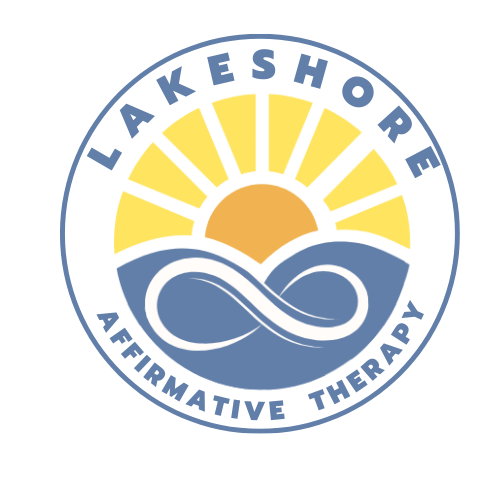
Frequently Asked Questions
FAQs
How does an occupational therapist help an autistic or otherwise neurodivergent child or adult?
Occupational therapists have the unique qualification of being able to provide support at any stage of life and to problem solve strategies to reduce barriers to meaningful participation in daily activities. With an expertise in activity and environmental analysis, occupational therapists are particularly skilled in using evidence-based strategies to address self-regulation and sensory needs, self care skills, motor skills, mental health, social participation, and executive functioning skills.
What does it mean to be a neurodiversity affirming occupational therapy practice?
The Neurodiversity Movement centers around Autism being a neurotype—a natural brain variation—rather than a defect. The movement calls for a paradigm shift in how society views autism.
Neurodiversity goes hand-in-hand with the Social Model of Disability, which argues that a person is disabled only when the societal environment does not accommodate their needs. Accordingly, autism is a neurologic variation that should be accepted and accommodated, instead of focusing on “cures” or other treatments that will make Autistic people “appear more neurotypical.”
As a neurodiversity affirming occupational therapy practice, we wholeheartedly accept and embrace neurodivergent ways of being. We value listening to and collaborating with neurodiverse individuals as we continue to learn and grow.
Do you take my insurance?
Lakeshore Affirmative Therapy PLLC is an in-network provider with BCBS PPO and Blue Choice PPO.
We can provide you with a “superbill” if you would like to seek direct reimbursement from your insurance carrier for “out of network” coverage.
We also work with private pay clients. Please reach out for pricing details.
How many occupational therapy sessions will I need?
The frequency and duration of your occupational therapy sessions will be determined at your initial evaluation. On average though, we have often found one therapy session a week to be most appropriate. While we love forming close relationships with our clients and their families, we do not see a need to have lengthy ongoing therapy services. Specific client-centered goals will be established at the initial evaluation and once our clients have demonstrated the necessary skills and tools to meet that goal, we celebrate and discharge!
Why we don’t use a behavioral approach for our autistic clients
Our clients are achieving their goals because they are intrinsically motivated and now have the skills and supports to be able to do so. We strongly agree with the sentiment from Ross Greene, “children do well if they can; if they can’t, we need to figure out why so we can help”. As occupational therapists, we are trained in activity analysis and together we will be able to figure out the “why”. From there we can foster new skills and provide client specific supports for success. There is no need for compliance-based strategies or extrinsic rewards/ bribes to get your child to brush their teeth, get dressed in the morning, or play nicely with their sibling. All children and adults have the intrinsic motivation to do well.
More importantly, we continue to listen to the lived experiences of autistic individuals as they recount the harm behavioral based therapy has had on them.
In doing so, we have found that we reach our goals faster and have a more meaningful impact when we use a strengths based approach.
If you have questions or are interested in seeing if our occupational therapy services would be a good fit for you, please schedule a free 30 minute consultation
Interested in learning more? Check out the resources below!
-
Interoception: The Foundation of Emotional Regulation
-
Promoting Neurodiversity Acceptance Around the Holidays
-
12 Regulation Strategies based on the Key Features of Autism

